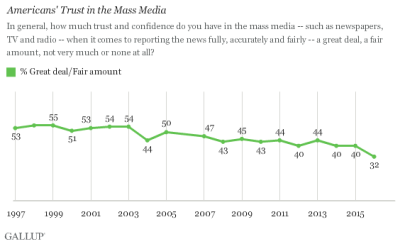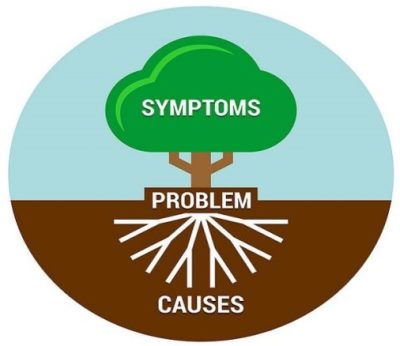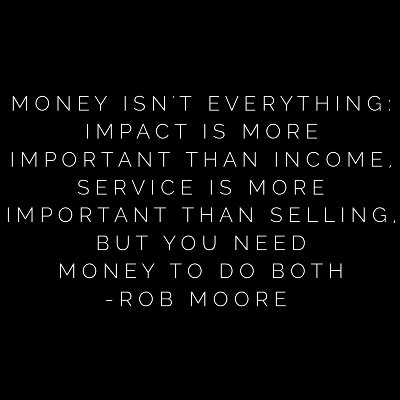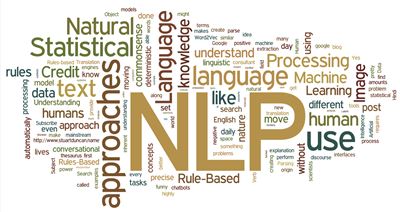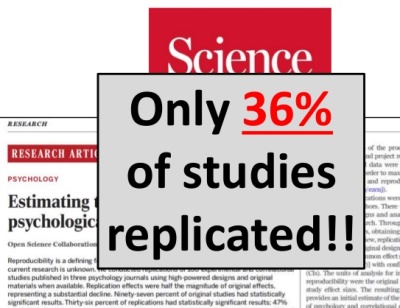We hear more and more often this expression, and it has been made popular by a few papers and books. We have quoted a quite noted Economist article on the topic in a previous post ‘How User-Generated Data Should be Better Valued‘. In this interesting post ‘Fueling Alpha: Data Is Powering The New World‘, this view is explained in a quite straightforward manner.

“Data can be seen as the fuel to the information economy and oil to the industrial economy. The amount of power someone has can be correlated to their control of and access to these resources … and, leaking of these resources can lead to extreme consequences.”
It is important to realize that the amount of data we are generating is staggering and ever increasing: “A staggering 90% of all the world’s data (2.5 quintillion bytes per day) has been created in the past two years alone … and its value is rapidly rising. With IoT growing from 2 billion devices in 2006 to a projected 200 billion by 2020 you can expect to see that growth continue to explode.“
Thus of course, data is better than oil because it is renewable and is currently created at a much higher rate every month. It is also quite accessible without any issue of geographical border and limited legal issues. Therefore it won’t deplete soon and we can expect to have limited access risks (with some exceptions).
Data is what will soon drive fully our economies. Our institutions have not yet realized it, and while we can expect like for oil a temporary domination by some large companies, we can also expect that in the long term there will be a more regulated usage framework.



